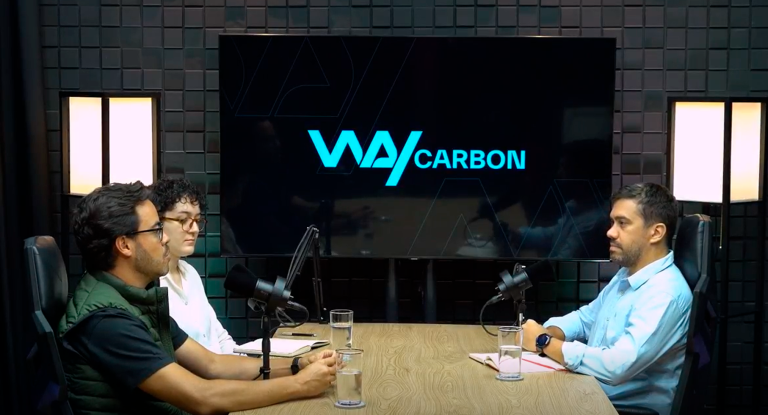CBAM: How can companies prepare?

The Carbon Border Adjustment Mechanism (CBAM) is a carbon pricing system focused on the life cycle emissions of imported products. In practical terms, it will be applied in the form of a price to be paid by European importers. In this context, companies that have relationships with the European market have doubts about how this tax will affect them and what opportunities can be generated from this change.
The tax, approved by the European Union in 2023, aims to discourage so-called carbon leakage. This happens when a company opts for cheaper foreign products with a larger carbon footprint, to avoid local climate regulations.
What are the opportunities originated by CBAM?
The effective impact of CBAM will mainly depend on the carbon embodied in the products and the carbon prices already paid in the countries of origin, if any. However, it is possible to say that, in general, exporters who are prepared from the beginning for CBAM will present a strong competitive advantage in the European market.
Furthermore, less carbon intensive countries, such as Brazil, especially due to its electrical matrix, can benefit from production costs associated with carbon that are relatively lower than their global peers, and can even attract foreign companies (ICC, WayCarbon, 2023) .
When does CBAM come into effect?
The first stage of CBAM comprises the time between October 1, 2023 and December 31, 2025, the so-called transition period. This is considered a “learning stage”, during which importers will need to report various data quarterly, including the GHG emissions embedded in the value chain of their products. At first, the importer will not need to pay for these emissions.
From January 1, 2026, the definitive period of the mechanism begins. At this point, European importers will gradually have to purchase carbon credits from the European market – the so-called “EU ETS” certificates – for imports of listed goods emissions that exceed limits established by the bloc.
How can my company prepare?
The WayCarbon team can support your company to prepare for this and other national and international regulations. Our experts will help you understand how CBAM can impact your business and how to act strategically on this agenda.
Download our FactSheet to learn more.
Bibliographic references:
“Opportunities for Brazil in Carbon Markets”, WayCarbon, ICC. 2023. Access in: https://www.iccbrasil.org/wp-content/uploads/2023/12/231214_EXECUTIVE-SUMARY_ICCBR_2023_IN.pdf
 EN
EN  ES
ES PT
PT





